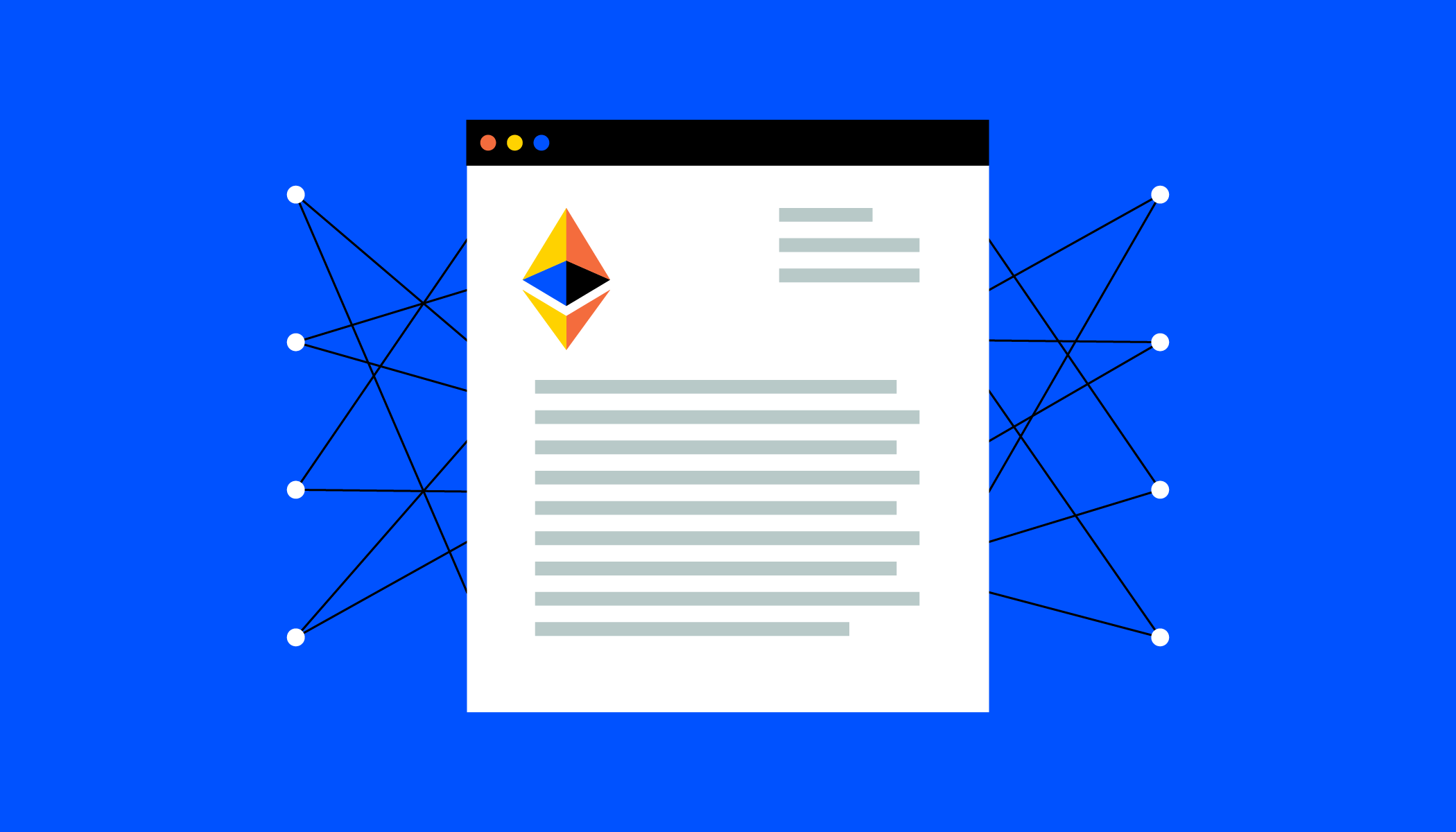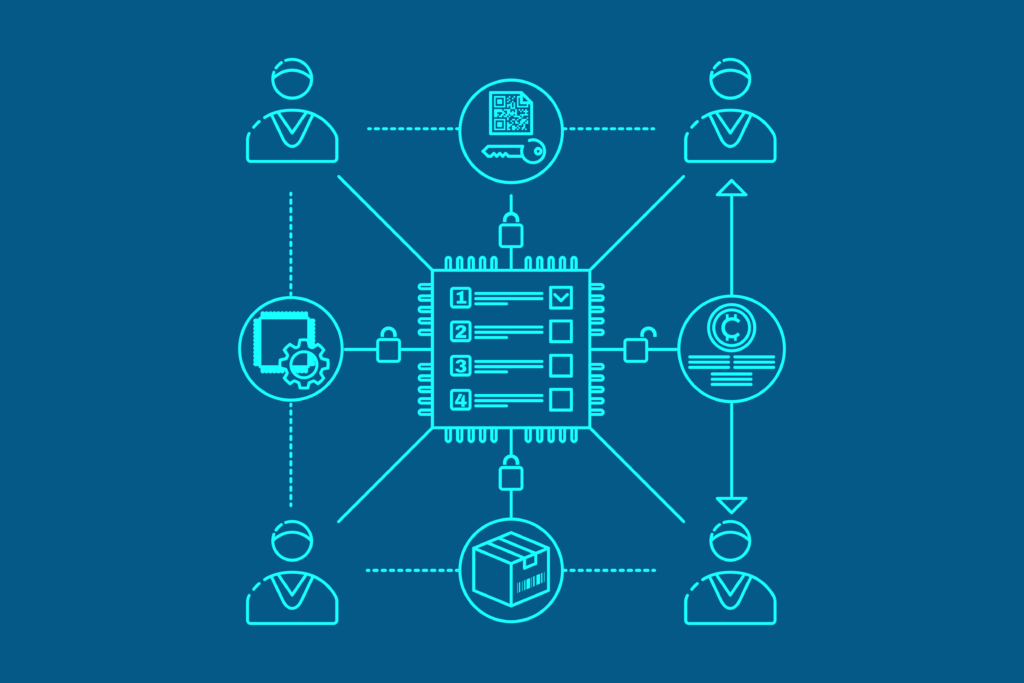Deep Review on Smart Contracts
Introduction
Smart contracts are self-executing contracts with the terms of the agreement between buyer and seller directly written into code. They run on blockchain technology and automatically enforce and execute the terms of the contract. In this review, we will delve into the key aspects of smart contracts.
Origin of Smart Contracts
The concept of smart contracts was first introduced by computer scientist and cryptographer Nick Szabo in 1994. Szabo envisioned self-executing contracts with the terms of the agreement directly written into code. He described smart contracts as computer protocols that automatically execute and enforce the terms of a contract based on predefined rules.
Szabo's idea was inspired by the merging of law and technology, aiming to create a more efficient and secure way to conduct agreements and transactions. He believed that smart contracts could automate and streamline the execution of contracts, reducing the need for intermediaries and increasing trust between parties.
While Szabo's initial concept laid the foundation for smart contracts, the actual implementation and popularization of smart contracts came with the development of blockchain technology. Ethereum, a blockchain platform that supports smart contracts, was launched in 2015 by Vitalik Buterin. Ethereum's programmable blockchain allowed developers to create and deploy smart contracts on a decentralized network, enabling a wide range of applications beyond simple financial transactions.
Since then, smart contracts have gained popularity across various industries for their ability to automate processes, reduce costs, increase transparency, and enhance security. They have become a fundamental component of decentralized applications (DApps) and are considered a key innovation in the blockchain space.
Smart Contracts Development
Smart contracts are developed using programming languages that are compatible with the blockchain platform on which they will be deployed. The most popular platform for developing smart contracts is Ethereum, which uses a language called Solidity. Here is a general outline of how smart contracts are developed:
- Choose a Blockchain Platform: Select the blockchain platform on which you want to deploy your smart contract. Ethereum is the most common platform for smart contract development, but other platforms like Binance Smart Chain, Polkadot, and Cardano also support smart contracts.
- Set Up Development Environment: Install the necessary tools and software for smart contract development. For Ethereum, you will need tools like the Ethereum Virtual Machine (EVM), a development framework like Truffle, and an Integrated Development Environment (IDE) like Remix.
- Write Smart Contract Code: Use a programming language supported by the blockchain platform to write the code for your smart contract. In the case of Ethereum, Solidity is the primary language used. Solidity is a high-level language that is specifically designed for writing smart contracts.
- Compile and Deploy: Once the smart contract code is written, it needs to be compiled into bytecode that can be executed on the blockchain. Use tools like the Solidity compiler to compile your code. After compilation, deploy the smart contract to the blockchain network using tools like Remix or Truffle.
- Test the Smart Contract: Before deploying the smart contract to the mainnet, it is essential to test it thoroughly to ensure it functions as intended. Use tools like Gan

Use Cases of Smart Contracts
- Supply Chain Management: Smart contracts can automate and streamline supply chain processes, enhancing transparency and efficiency.
- Financial Services: Smart contracts can be used for automated lending, insurance, and trading, reducing the need for manual intervention and increasing the speed of transactions.
- Real Estate: Smart contracts can revolutionize real estate transactions by automating property transfers, escrow services, and rental agreements.
- Healthcare: Smart contracts can securely store and manage patient data, enable automated insurance claims processing, and facilitate transparent and efficient healthcare services.
Benefits of Smart Contracts
- Trustless Transactions: Smart contracts eliminate the need for intermediaries, reducing the risk of fraud and manipulation.
- Efficiency: Smart contracts automate the execution of agreements, eliminating the need for intermediaries and streamlining processes.
- Transparency: Transactions recorded on the blockchain are visible to all parties involved, ensuring transparency and reducing the risk of fraud.
- Security: Smart contracts are tamper-proof and encrypted, providing a high level of security for transactions and sensitive data.
- Cost-Effective: By removing intermediaries and automating processes, smart contracts can help reduce costs associated with traditional contract execution.
- Speed: Smart contracts are executed automatically based on predefined conditions, enabling faster transaction processing compared to manual methods.
- Accuracy: With predefined rules and automated execution, smart contracts minimize errors and ensure accurate fulfillment of agreements.
- Trust: The decentralized nature of blockchain technology and the self-executing nature of smart contracts help build trust among parties without relying on a central authority.
Limitations of Smart Contracts
- Immutability: Smart contracts are immutable once deployed, meaning that any errors or bugs in the code cannot be easily corrected without creating a new contract.
- Complexity: Writing and deploying smart contracts require technical expertise, and the complexity of programming can be a barrier for non-technical users.
- Security Risks: Despite being secure, smart contracts are still vulnerable to bugs, hacks, and exploits that can result in financial losses if not properly audited and tested.
- Legal Recognition: The legal status of smart contracts varies across jurisdictions, and traditional legal frameworks may not fully recognize or enforce the terms of a smart contract.
- Oracles Dependence: Smart contracts often require external data to trigger actions, relying on oracles to provide accurate information, which can introduce vulnerabilities if the oracle is compromised.
- Scalability: Blockchain networks may face scalability issues when processing a large number of transactions, impacting the performance of smart contracts.
- Privacy Concerns: Since smart contract transactions are transparent and recorded on the blockchain, privacy concerns may arise, especially for sensitive or confidential information.
Future of Smart Contracts
The future of smart contracts holds immense potential for transforming various industries. With ongoing advancements in blockchain technology and increased adoption of decentralized applications, smart contracts are poised to revolutionize the way agreements are made and executed.
Conclusion
Smart contracts offer a myriad of benefits, including increased efficiency, transparency, and security.
Smart contracts offer a range of benefits that can revolutionize various industries and streamline transaction processes.
While smart contracts offer numerous benefits, it's essential to consider these limitations and address them to ensure the successful implementation and adoption of this technology.
As the technology continues to evolve, smart contracts are expected to play a significant role in shaping the future of digital transactions.





































